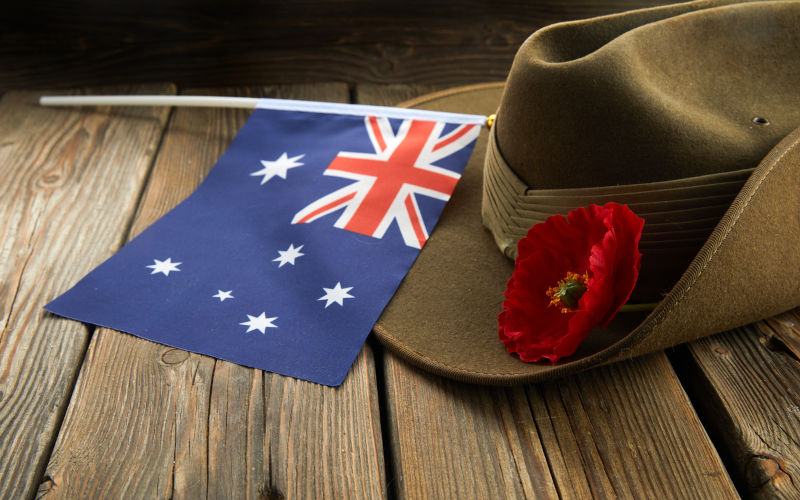ANZAC Day: Honour the dead, spurn the myths and militarism
April 25, 2025
ANZAC Day is an occasion to honour those who died fighting for Australia.
That central purpose has become thickly encrusted with other agendas – to tell a version of Australian history, to parade the armed forces and their weapons, to glorify “heroic” actions, to promote a vision of a hostile world and, covertly or not, to promote militarism and the manufacturing of arms.
Gallipoli features large in all of this. Australia did not become a worthy nation because of the Gallipoli invasion. Our young men did not suddenly become brave and capable as their feet touched a foreign shore and many of them were mutilated by gunfire. They were already brave and capable because of the healthy and vigorous lives they lived in a young nation. Australia was, relatively, very progressive for its time: women could vote, battlers were helped by governments, wealth was more evenly shared, and so on. OF course, Australia was also highly racist and women still lacked many other rights.
One purpose of the Gallipoli invasion was to entice Tsarist Russia to join the Allies (Britain and France) against Germany. Our young men were fighting for Russia and for Empire. The whole war was a sordid battle among European imperial powers. Our young men were certainly not fighting for “freedom and democracy” alongside Americans, as the latest absurd myth-making would have it.
Many people tried throughout the war to persuade the combatants to end the slaughter, but all approaches were rebuffed by the English and French elites, according to historian Douglas Newton in Private Ryan and the Lost Peace. They would settle for nothing less than the total defeat of Germany, because otherwise people would feel that all the sacrifices were for nothing, and the elites would be swept from power.
In all the fighting then, and since, Australia has been directly threatened only once. Otherwise we have been fighting other people’s wars.
Even that one threat was plausibly a product of the racist humiliation of Japan after World War I. The Japanese sought to be acknowledged on equal terms at the Versailles peace talks, but were refused, with Australian prime minister Billy Hughes prominent in noisily rejecting them as an unworthy race. Germany was also humiliated, with heavy reparations required as part of settlement, terms opposed by John Maynard Keynes. That set the scene for the rise of Hitler.
Since World War II, the US has launched several ill-conceived and highly counter-productive invasions that failed, at great cost in lives and destruction. The US did help to stop the Japanese advance in 1942, but it has been high folly for Australia to join the later invasions.
There need not be a serious threat from China. If we cease our hostile provocations, many of which are rarely reported in the mainstream media, their sensible course is to trade peaceably with us. Taiwan is an internal Chinese matter, everyone agreed on that just a few years ago. The US is having a hissy fit because there is another big kid on the block. We are fools to get involved.
The World War I centenary years, 2014-18, were marked by our governments with crude jingoism, an expression of their fearful, militaristic view of the world. Obscure actions were dredged up and glorified. Vast sums were spent on triumphalist memorials.
Peace is not just the absence of war. Peace is the absence of threat. It works both ways. If we do not threaten, we will be less threatened. Intelligence analyst Sam Roggeveen has advocated a defence policy he calls _The Echidna Strategy_ – to be no threat at a distance, but very prickly up close.
Let us honour the dead, but without military displays. Let us learn our real history, not the myths propagated by those with agendas. Let us acknowledge the follies that led to the loss of so many lives. Let us acknowledge that diplomacy can be powerful, defusing hostility so disagreements don’t turn violent. Let us feel the grief of the losses, and act to reduce the chances of them happening again.
Let us cultivate our strength of character, so we have the gumption to go our own way in the world, being a constructive presence among nations, as we were briefly after World War II, when Australia was a prime mover in the formation of the United Nations.


